Keywords: Social Teaching
-
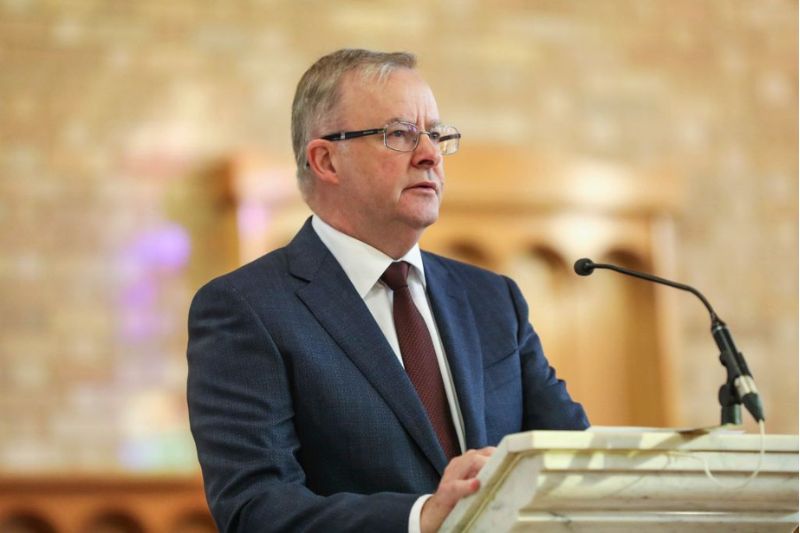
RELIGION
- John Warhurst
- 15 November 2022
16 Comments
Australia is awash with politicians who identify or are identified as Catholic. And Catholic media always take some interest in Catholic politicians whatever their political stripe. But what does this mean to have Catholic politicians from a theologically and ideologically diverse church?
READ MORE 
-
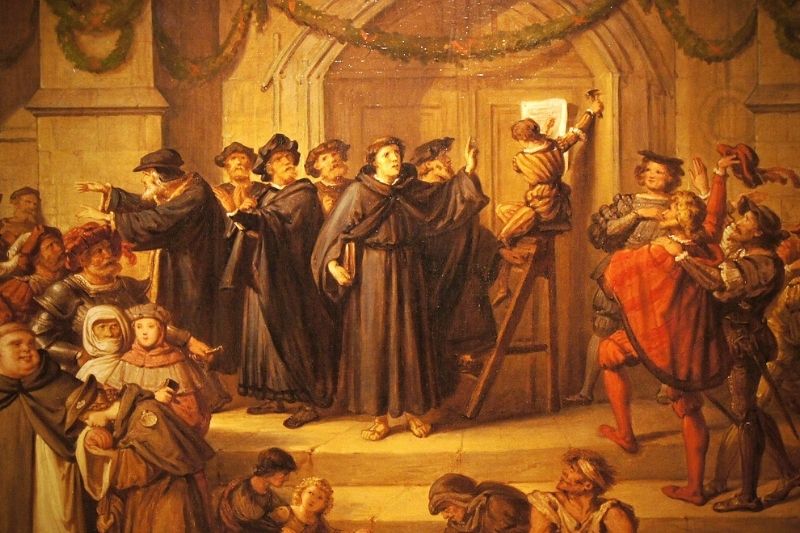
RELIGION
- Andrew Hamilton
- 26 October 2022
10 Comments
What would the world have been like today if the Reformation had not happened? Would it really have been a better Church and a better world? And how, indeed, can we evaluate these enormous historical events?
READ MORE 
-
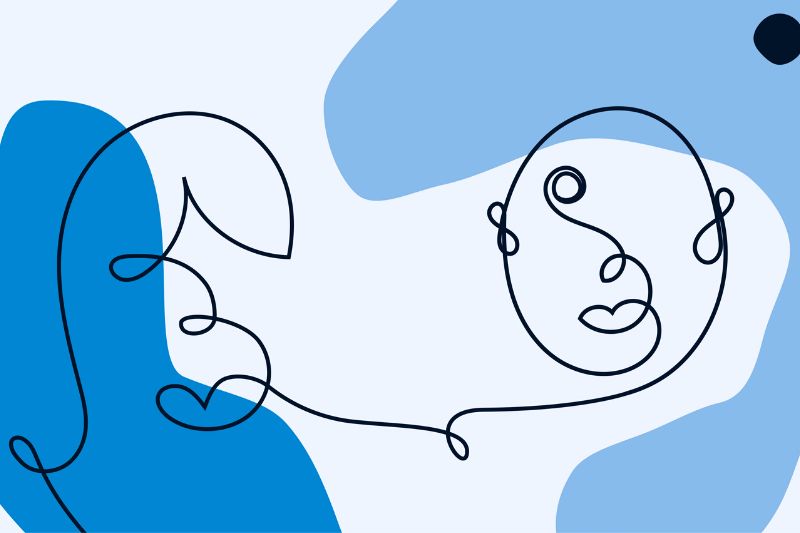
AUSTRALIA
- Andrew Hamilton
- 20 October 2022
8 Comments
The one thing lacking in much of the debate about the travails of the Essendon Football Club and the brief tenure of its CEO was a proper respect. That lack of respect may merit reflection. Respect begins with persons, not with principles and opinions.
READ MORE 
-
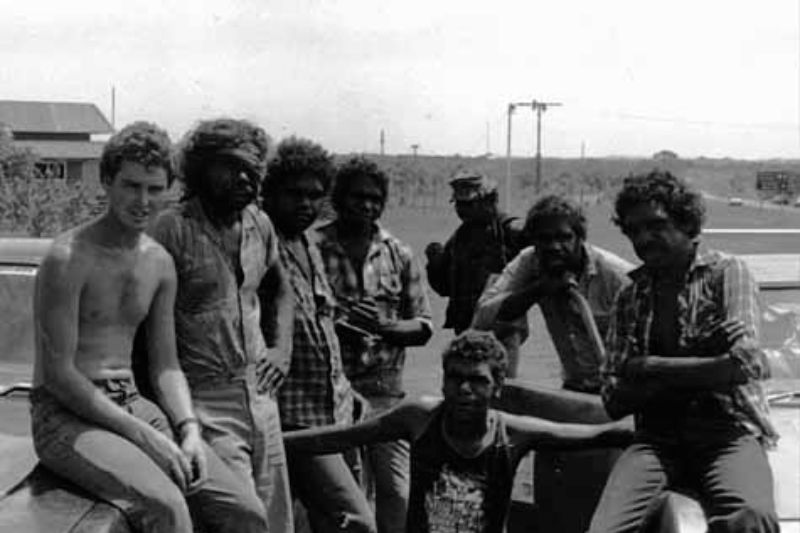
ARTS AND CULTURE
- Paul Mitchell
- 18 October 2022
‘My Island Home’ was first recorded 35 years ago, a song that emerged from a journey and conversation between Indigenous and non-Indigenous voices. It’s helped Australians better understand our home and place in it, and points to the value of enshrining Indigenous voices in our constitution so they can continue to speak to us all.
READ MORE 
-
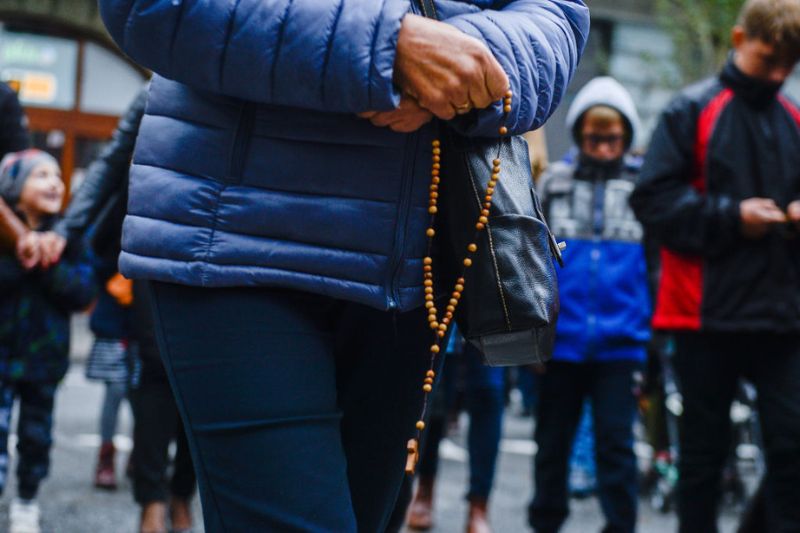
RELIGION
- John Warhurst
- 13 October 2022
13 Comments
Freedom of religion, a matter of national interest still to be resolved successfully in the Federal Parliament, has yet again become a focus for the nation’s football codes. The Essendon controversy has demonstrated how it is issues with a religious-cultural component, not economic issues, which most polarize our society and are the most difficult for politics to resolve harmoniously.
READ MORE 
-
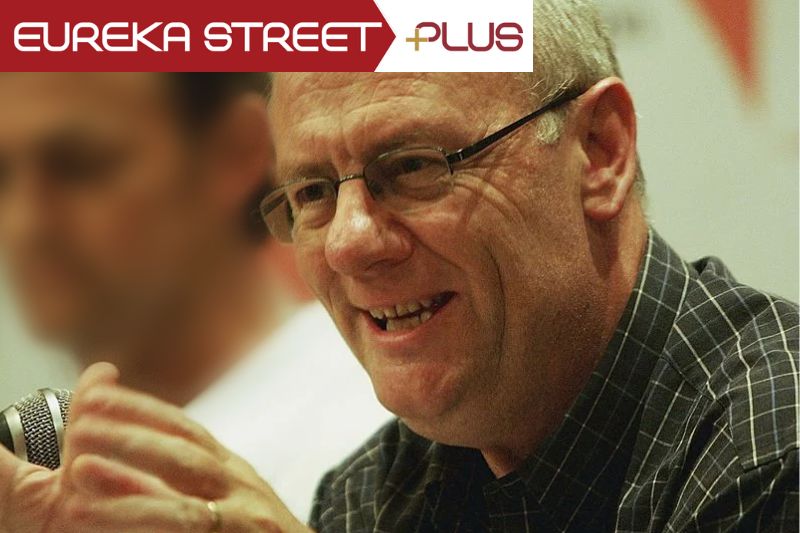
AUSTRALIA
- Barry Gittins, Tim Costello
- 07 October 2022
1 Comment
Reverend Tim Costello's informal status as a nagging conscience to many Australian governments, including the Howard government in which his brother Peter served as federal treasurer, was formally acknowledged when the National Trust of Australia chose him as a ‘National Living Treasure’. Barry Gittins speaks to Tim Costello about the nature of power, and its place and exercise in public life.
READ MORE 
-

RELIGION
- Paul Collins
- 20 September 2022
5 Comments
The word ‘Catholic’ is derived from the Greek Καθολικός (katholikos) meaning universal, of the whole, and the entire tradition is the very opposite of sectarian, particularist, narrow. It is most truly itself when it’s embracing and inclusive.
READ MORE 
-
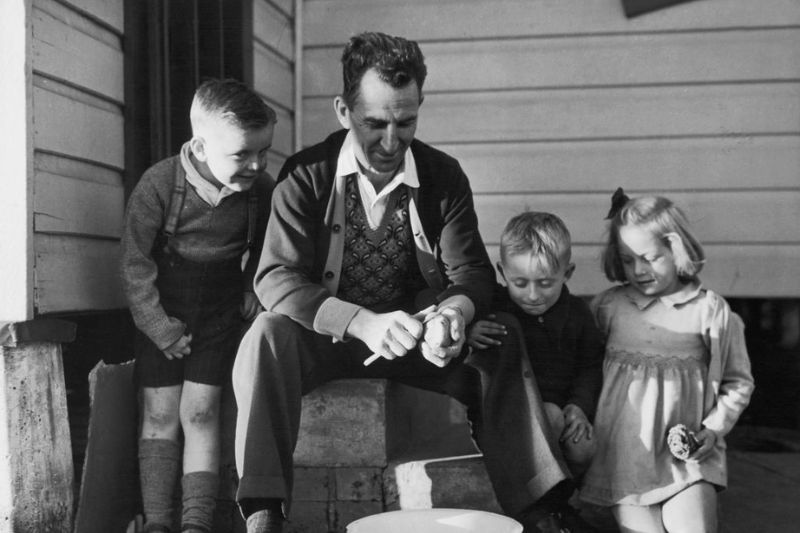
AUSTRALIA
- Mike Kelly
- 01 September 2022
3 Comments
With many types of fathering in a wide range of ethnic, cultural, and social situations by separated dads, stepdads, gay dads, uncles, and grandpas, as we celebrate today’s dads, it’s good to think about fatherhood and parenting myths and how they stack up in an ever-changing world.
READ MORE 
-

INTERNATIONAL
- David Halliday, Beth Doherty, Tim Dunlop, Matthew Howard
- 26 August 2022
When former Facebook employee Frances Haugen released a trove of documents revealing internal research on the negative effects its social media products were having on mental health, the darker side of social media became hard to ignore. So how might the harmful effects of social media be mitigated into a social benefit for a saner, more coherent society?
READ MORE 
-
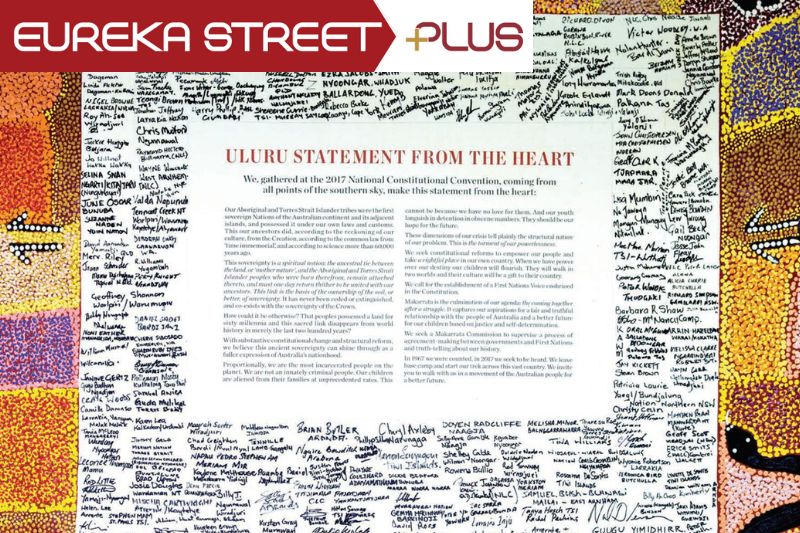
AUSTRALIA
- Frank Brennan
- 17 August 2022
2 Comments
We need to be able to do more than simply give notional assent to the Uluru Statement. We need to be able to contribute to the hard thinking and difficult discussions to be had if the overwhelming majority of our fellow Australians are to be convinced of the need for a Voice in the Constitution.
READ MORE 
-
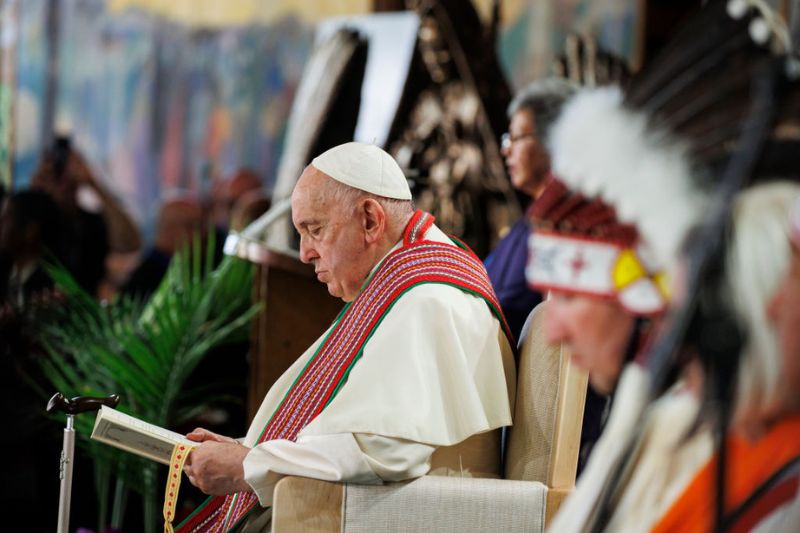
AUSTRALIA
- Andrew Hamilton
- 11 August 2022
9 Comments
Much has recently written about the doctrine of discovery and its bearing on the treatment of Indigenous peoples, particularly in the United States where it grounded an early legal decision. The doctrine enshrined in law claims that the discovery of underpopulated and cultivated lands conferred on the discoverers the right to ownership, and was used to justify colonial occupation of territory in the Americas, Asia and Africa.
READ MORE 
-

AUSTRALIA
- Michael McVeigh
- 28 July 2022
15 Comments
There has been much said in recent days about the refusal of a group of Manly Sea Eagles footballers to wear a special Pride jersey. The boycotting players have been labelled as hypocrites (for taking a stand on this issue and not, for example, gambling or domestic violence) and even hateful for their actions. Many say they would be happy to see them sacked from the club entirely. It seems to me, though, that the attitudes of the Manly players deserve more consideration than this.
READ MORE 